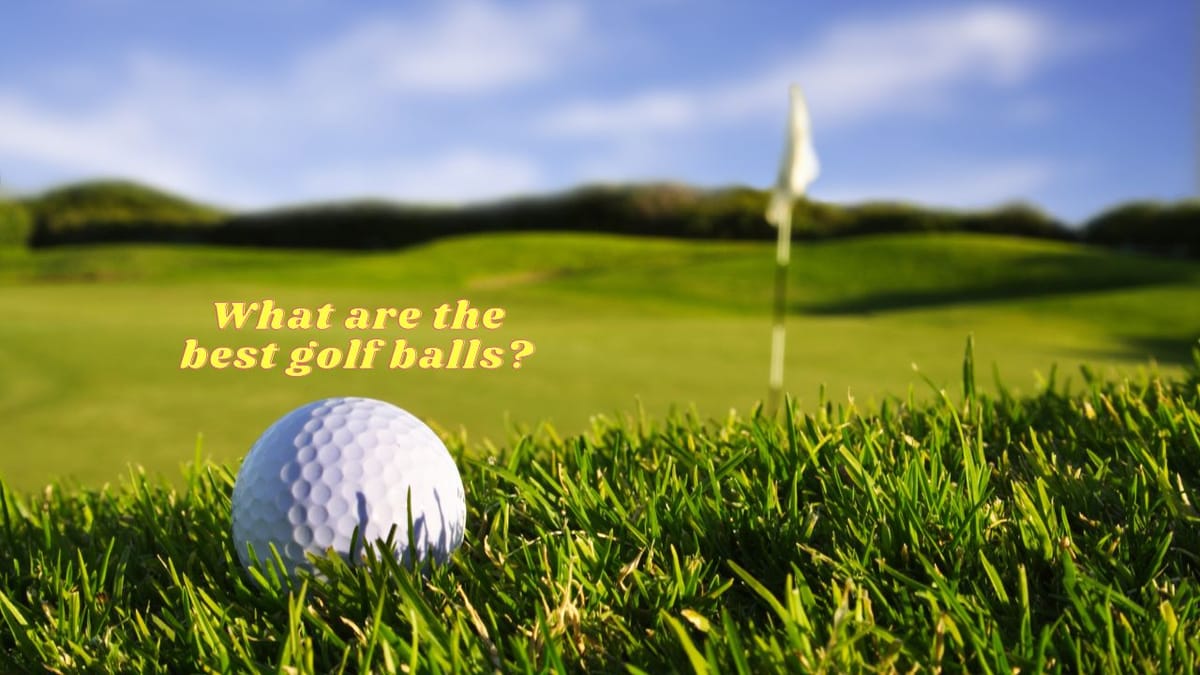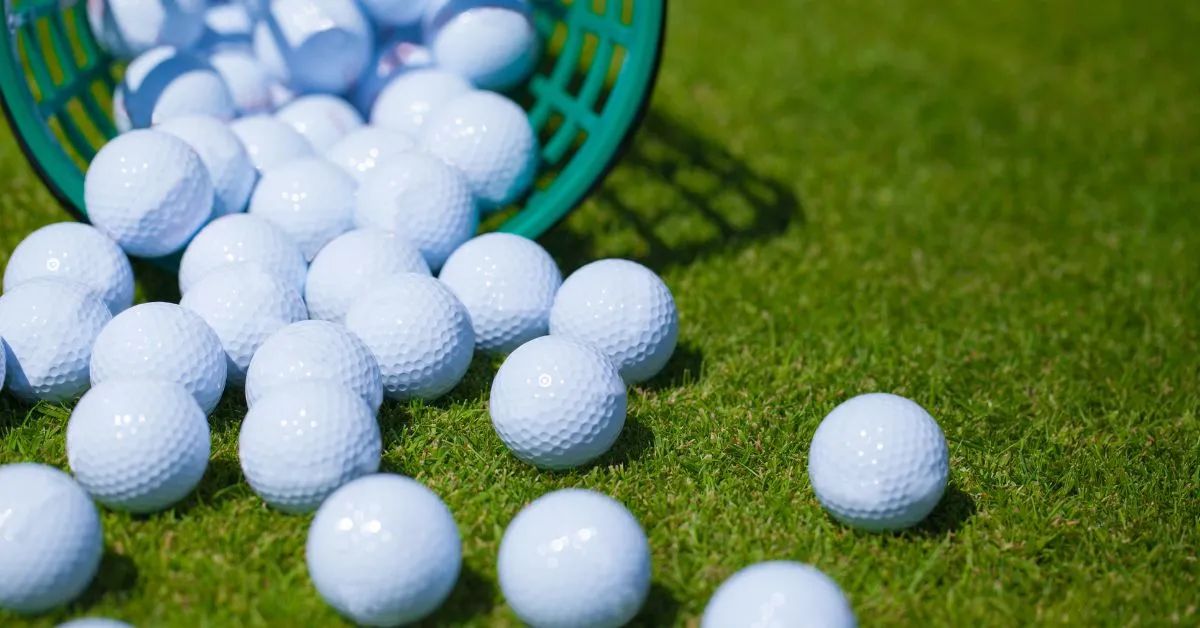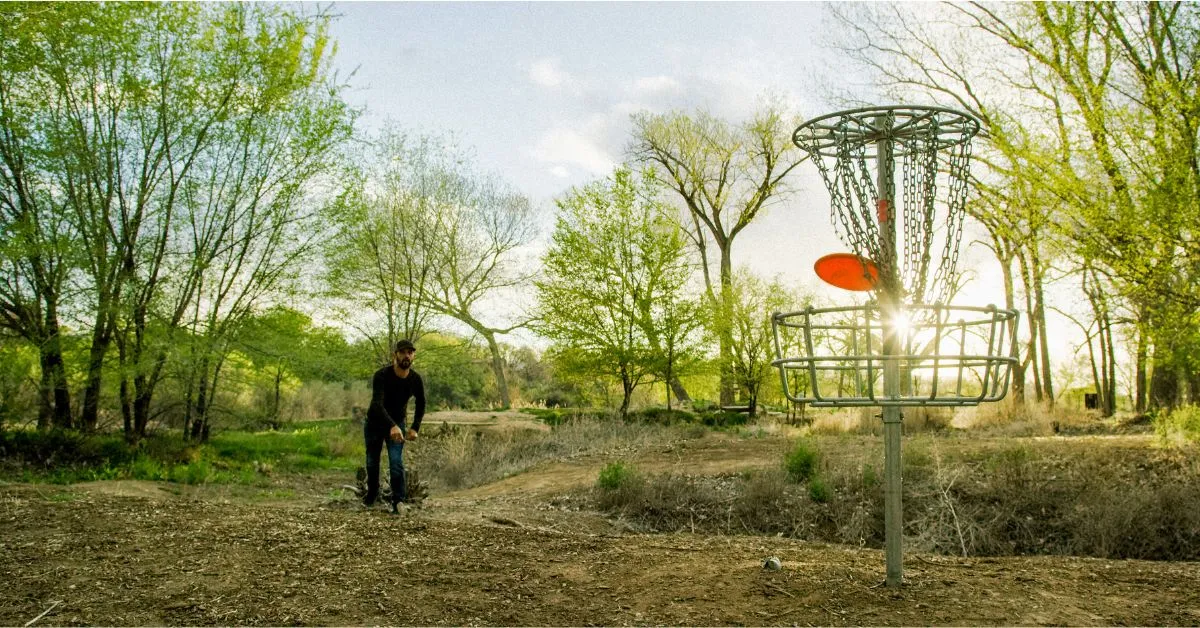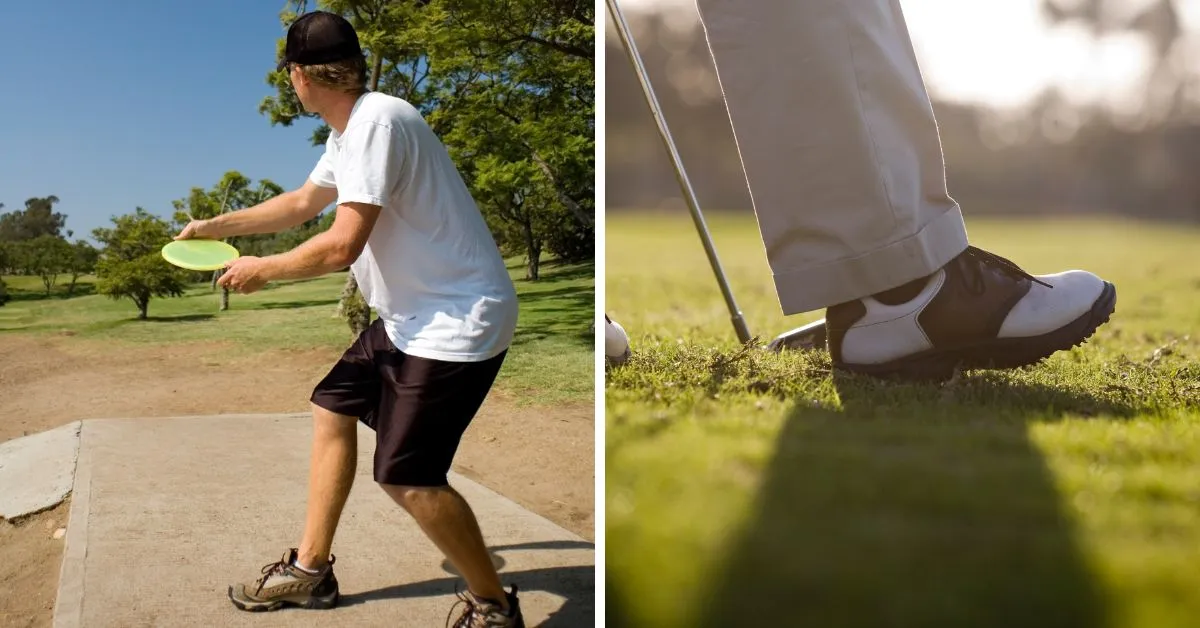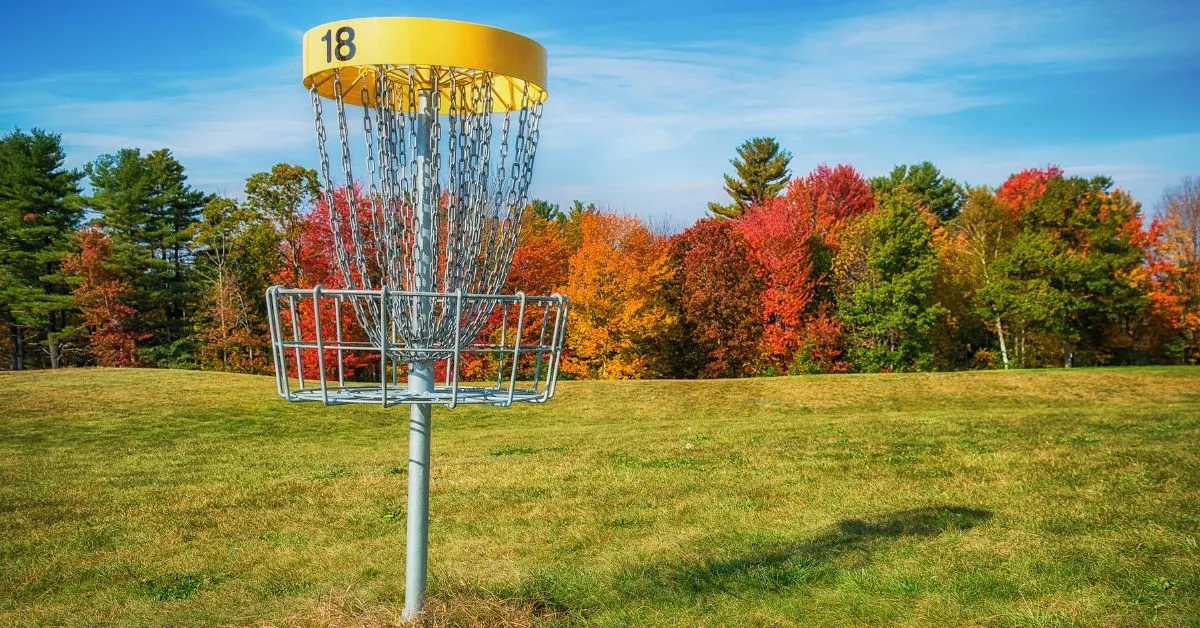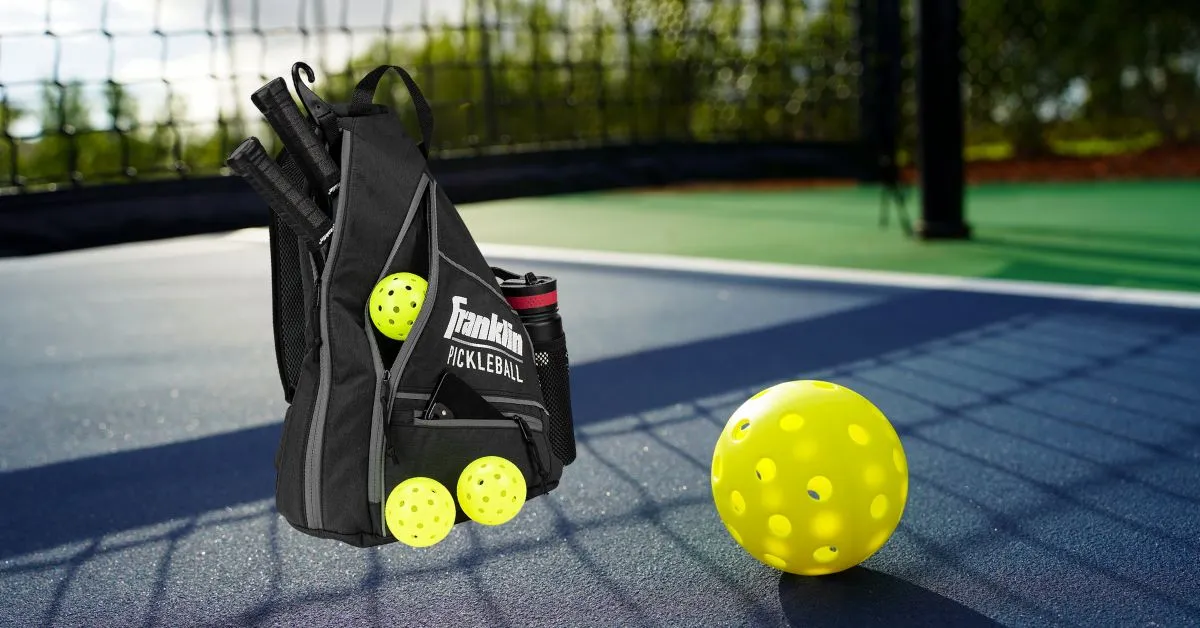Table of Contents
Key Takeaways:
- Understanding the right golf ball for your skill level can significantly improve your game.
- Features like compression, spin, and construction are crucial when choosing the best ball for average golfers.
- Some of the top recommended golf balls for average players include the Srixon Soft Feel, Callaway Supersoft, and Titleist TruFeel.
Golf is a game of precision and skill, and having the right equipment can make a significant difference in your performance on the course. For the average golfer, choosing the best golf ball is a critical decision that can lead to lower scores and more enjoyable rounds. This article will delve into the various golf balls suited for average golfers, helping you find the perfect ball to match your game.
With detailed and rigorous research, we provide our readers with the finest recommendations. Our recommendations are our opinions. Our cause is backed by reader support- for every click made through one of our affiliates links, a commission may be earned at no extra expense to you! As an Amazon Associate, Reviewsopedia may earn a commission from qualifying purchases. Thank you and enjoy!
Understanding Golf Ball Construction
The construction of a golf ball is a key factor in how the ball performs. Different balls are designed with varying layers, from the basic two-piece construction to the more complex three-piece golf ball and beyond. For most average golfers, a two-piece ball or a low compression three-piece ball offers a great balance between distance, control, and feel.
Compression and Its Impact
Compression is a measure of the deflection a golf ball undergoes when it is struck. Balls with lower compression are generally better for golfers with slower swing speeds, as they can compress the ball enough to achieve good distance. Conversely, a higher compression ball is suited for players with a faster swing speed.
Spin: Low vs. High
Spin can be your friend or foe on the golf course. A low spin golf ball tends to travel straighter and can be beneficial for players struggling with hooks or slices. On the other hand, balls designed for more spin can help skilled players achieve better spin control around the greens, leading to improved distance control and impressive spin on approach shots.
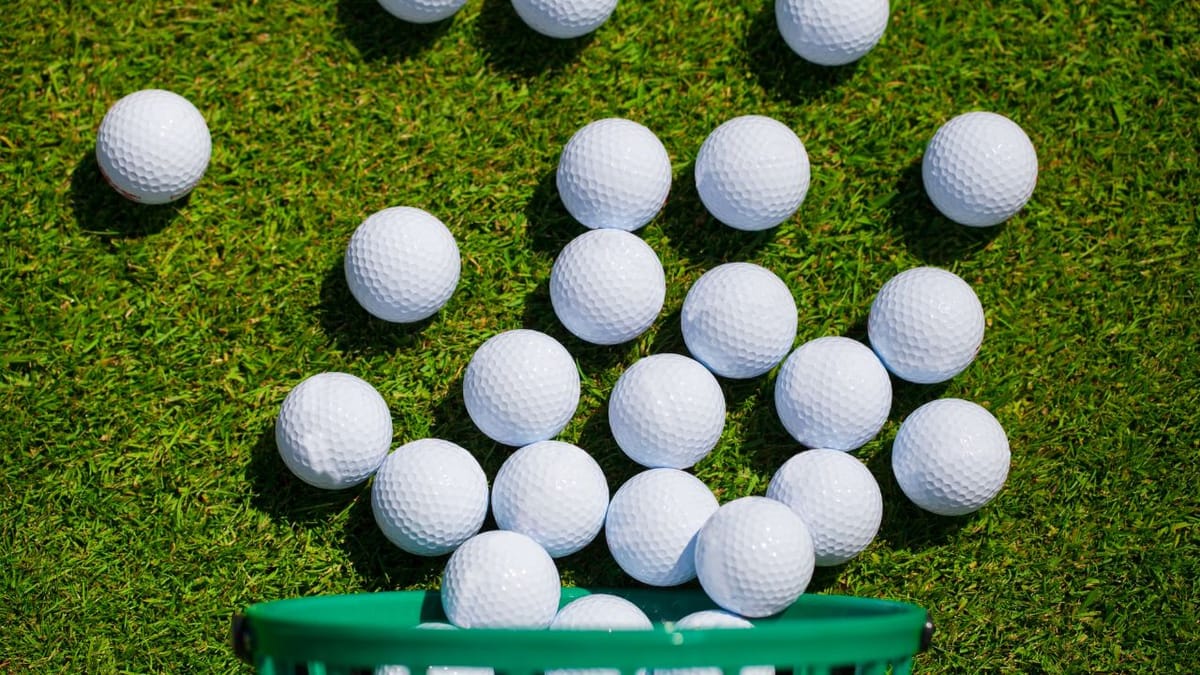
The Srixon Soft Feel
The Srixon Soft Feel is a popular golf ball among average golfers due to its soft feeling and responsive feel. It's designed to provide good distance and enough spin for players with moderate swing speeds, making it a great golf ball for mid handicappers and high handicap golfers alike.
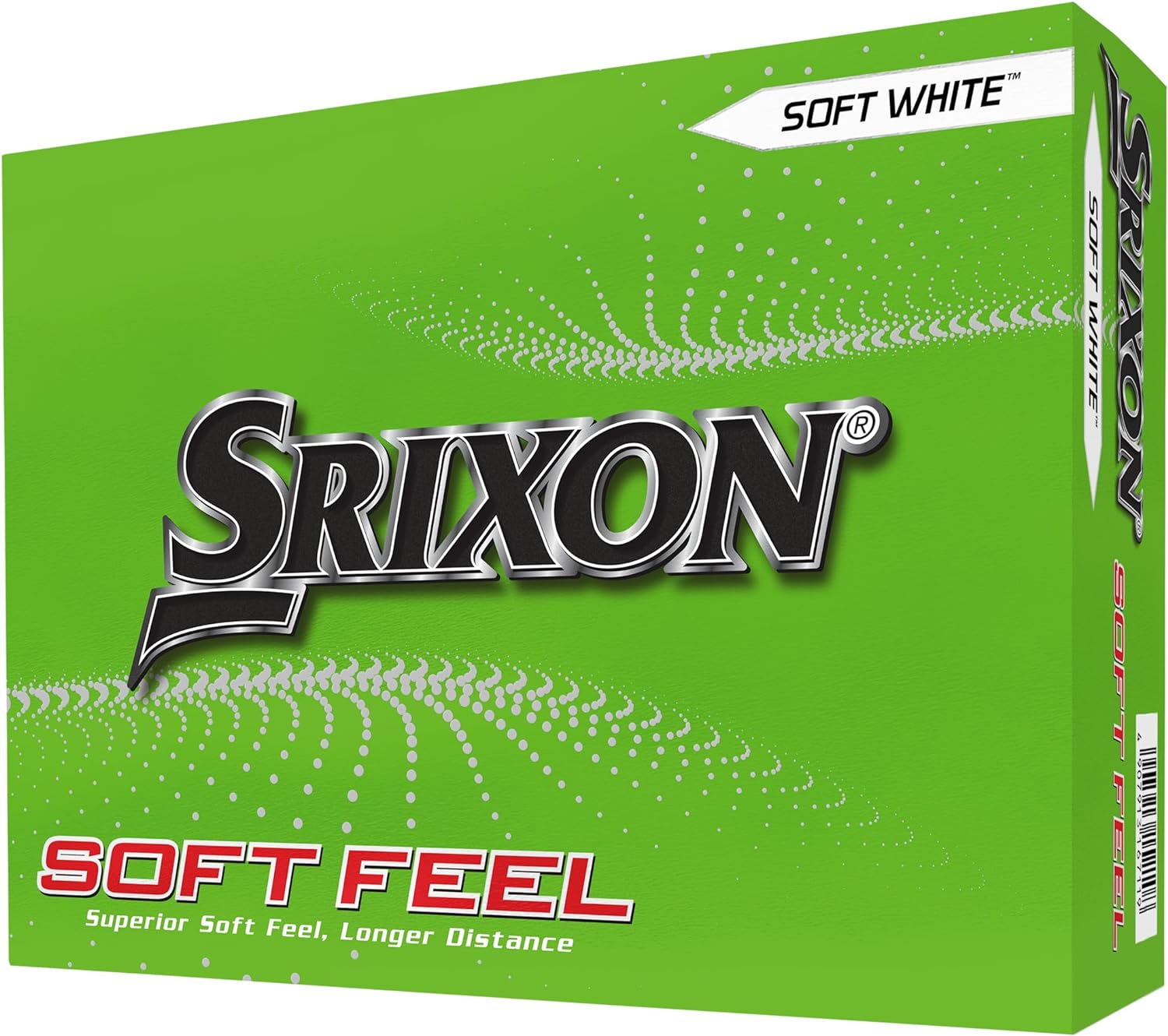
Callaway Supersoft: A Popular Choice
The Callaway Supersoft has been a staple for many golfers due to its low compression and soft cover. This ball is extremely durable and provides a good distance with a softer feel, which can be particularly advantageous in wet conditions.
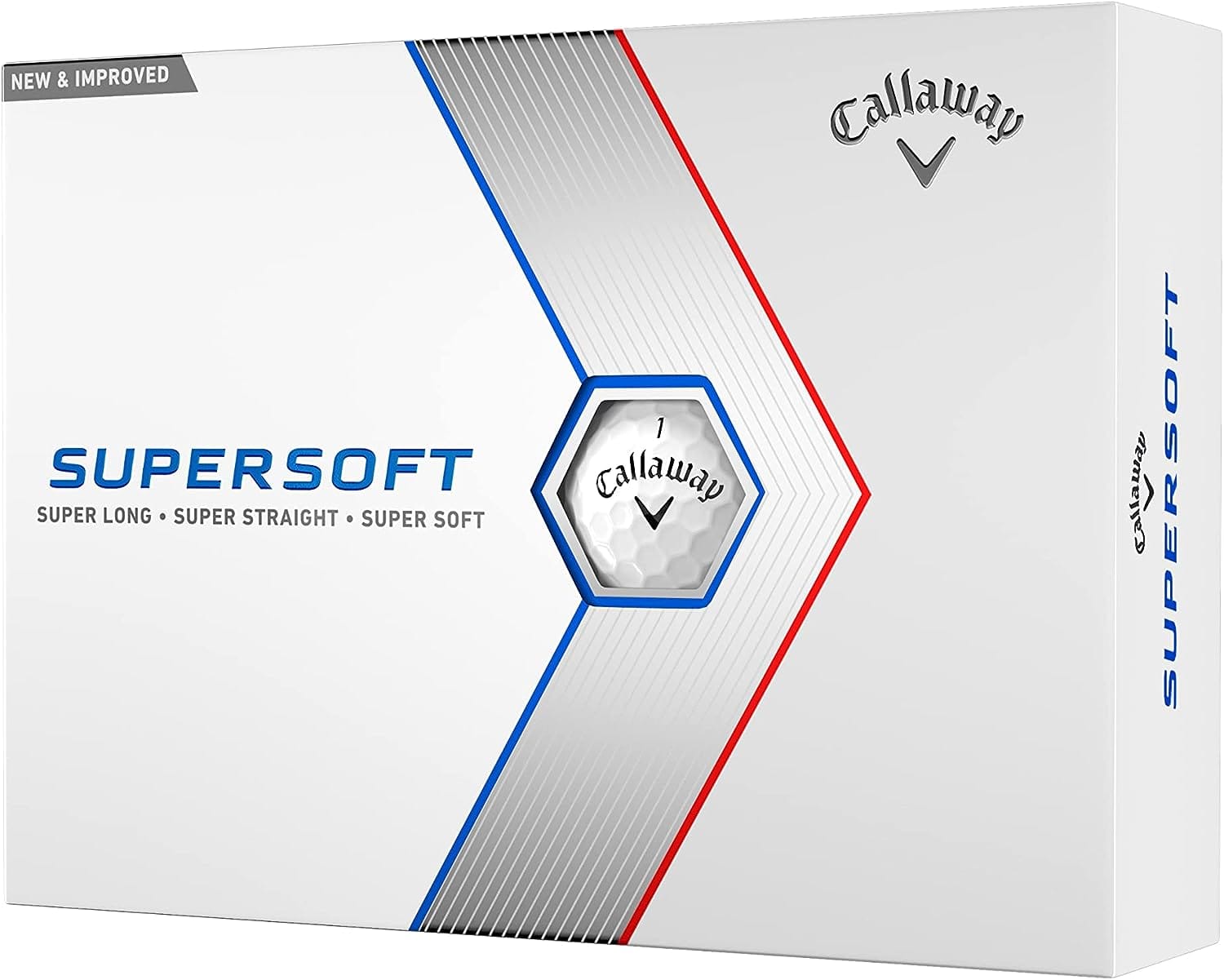
Titleist TruFeel: Premium Performance
Titleist is known for its premium golf balls, and the Titleist TruFeel is their answer for the average player seeking better performance. This ball offers a good distance with a softer feel and is equipped with an alignment aid to help with putting accuracy.
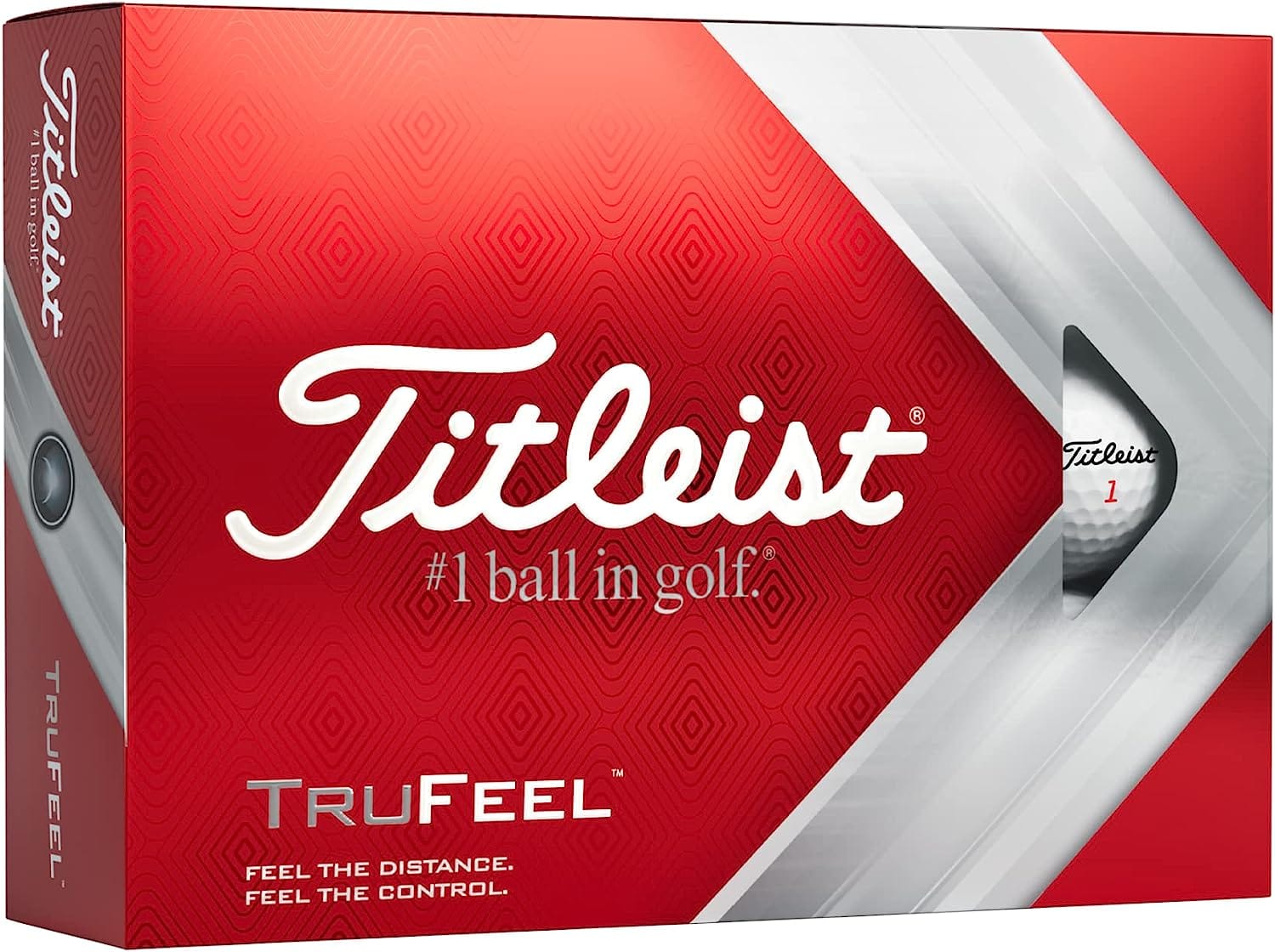
Taylormade Noodle: The Fun Option
The Taylormade Noodle is a fun and affordable option for average golfers. It's a firmer ball that still provides good distance and a responsive feel. While it may not offer the same level of control as other balls, it's a great choice for those looking for a cheap ball that performs well.
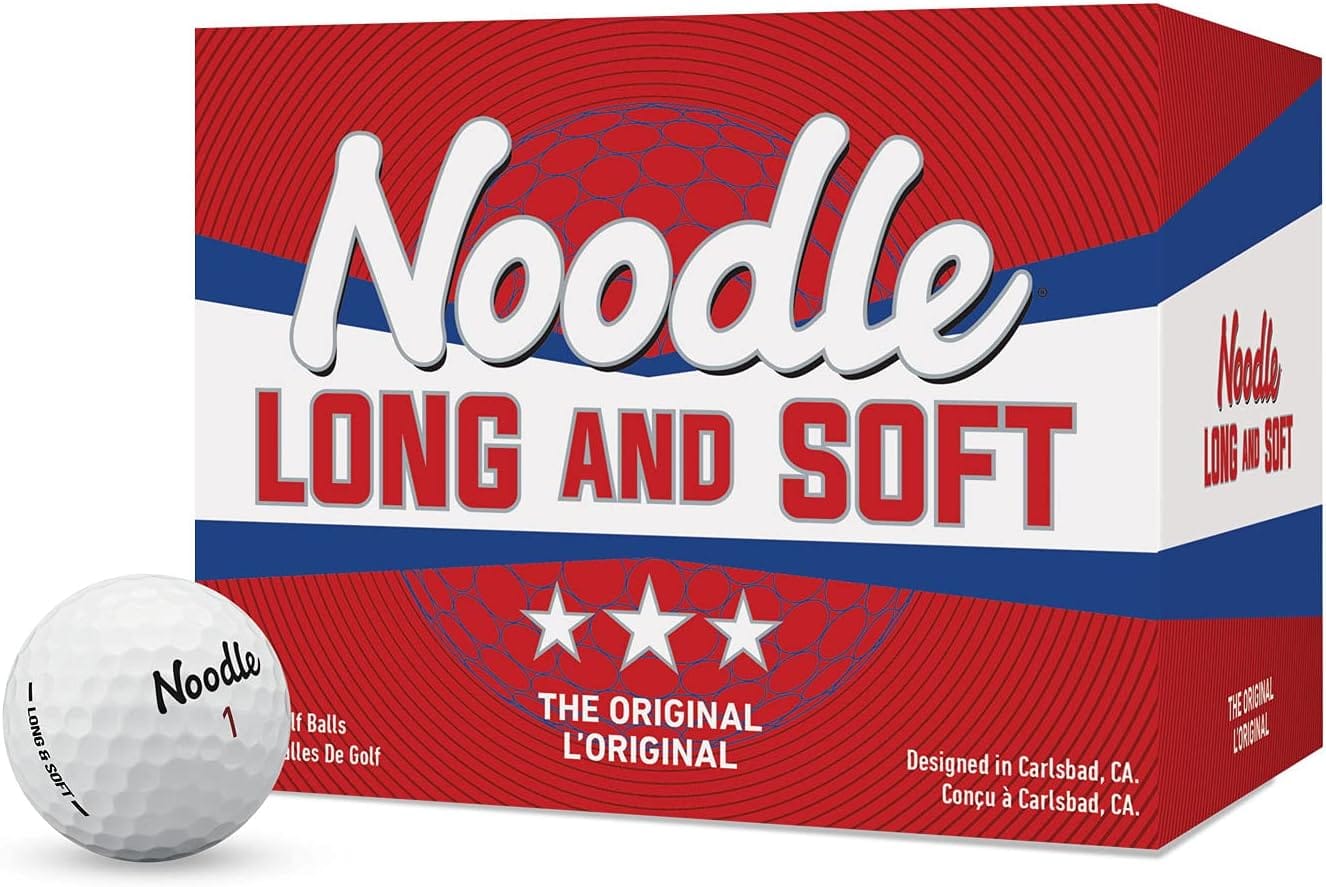
Q Star Tour: Bridging the Gap
The Q Star Tour is designed to bridge the gap between low and mid handicaps. It offers a three-piece construction with a urethane cover, providing a great balance of distance, feel, and spin control. It's a perfect ball for those looking to improve their game without breaking the bank.
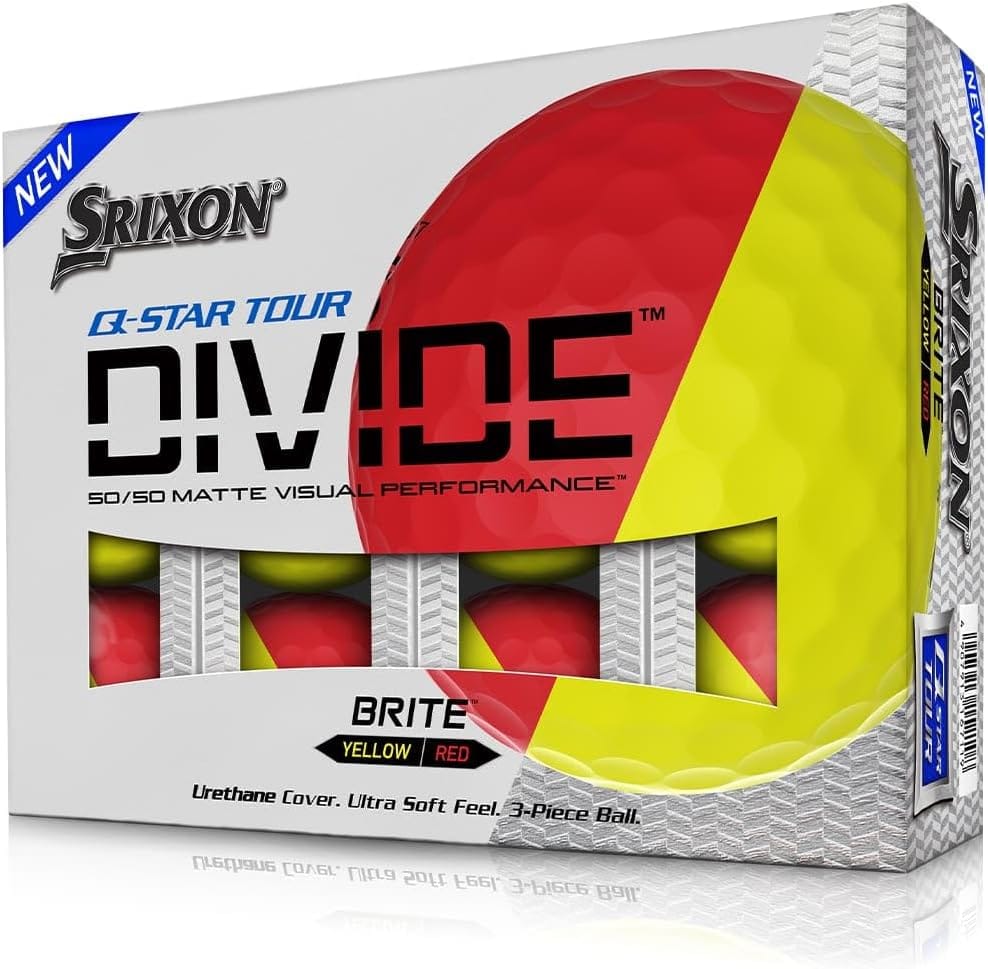
Taylormade Project (a): For the Aspiring Pro
The Taylormade Project (a) is aimed at the average golfer who aspires for a pro-level performance. This ball feels soft, offers more control on approach shots, and has a urethane cover for better spin control. It's a great choice for mid handicappers looking to take their game to the next level.
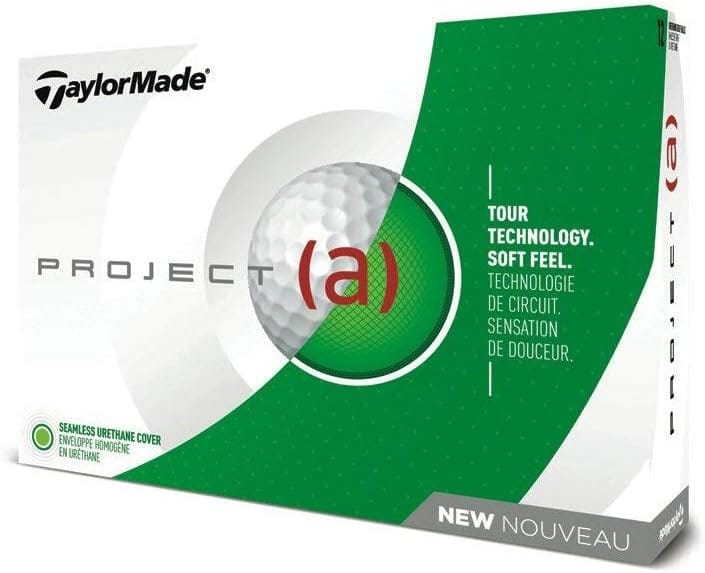
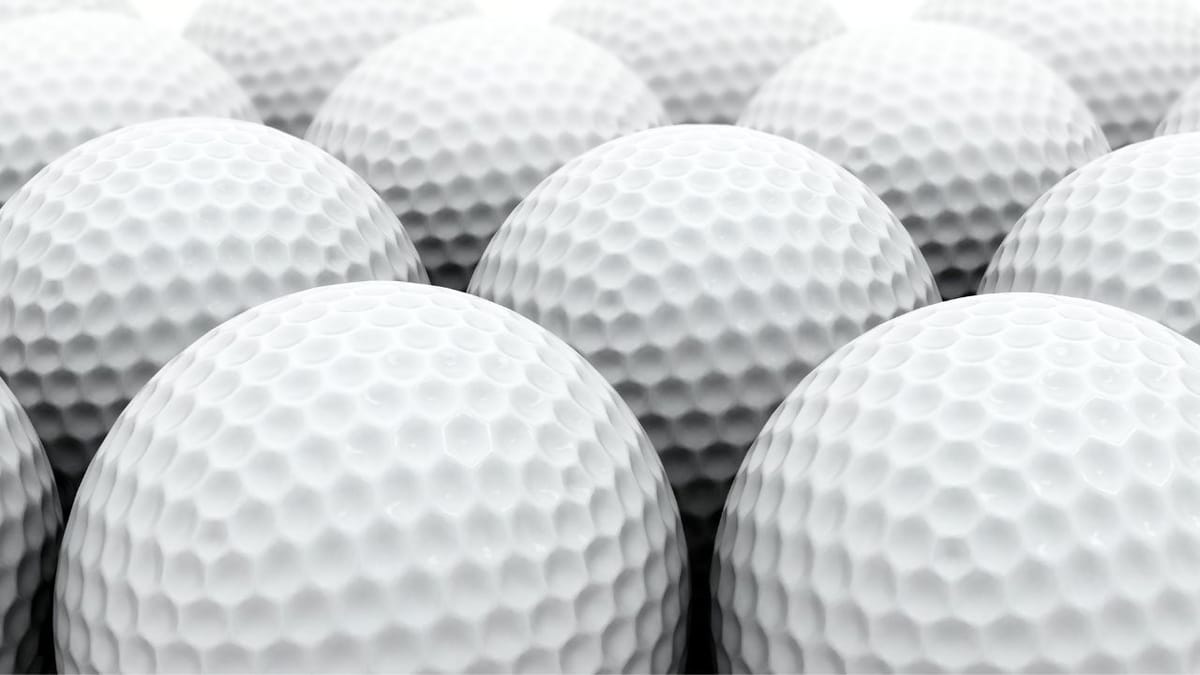
The Role of Ball Design in Trajectory and Control
When selecting the best golf balls for average golfers, understanding the role of ball design in trajectory and control is crucial. A three-piece golf ball, for instance, is engineered to provide a balance between distance and control, making it a popular choice among mid handicappers. The outer layer is typically softer, allowing for extra spin and better feel around the greens, while the core design is optimized for energy transfer, contributing to longer drives for those with slower swing speeds.
Moreover, the dimple pattern on a golf ball significantly influences its aerodynamic properties. A well-designed dimple pattern can reduce air resistance and enhance lift, leading to a more stable and predictable flight path. This is particularly beneficial for high handicap golfers who require a forgiving ball that minimizes the effects of off-center hits. By choosing a ball with the right design features, average golfers can achieve improved trajectory and control, which can help lower their average score.
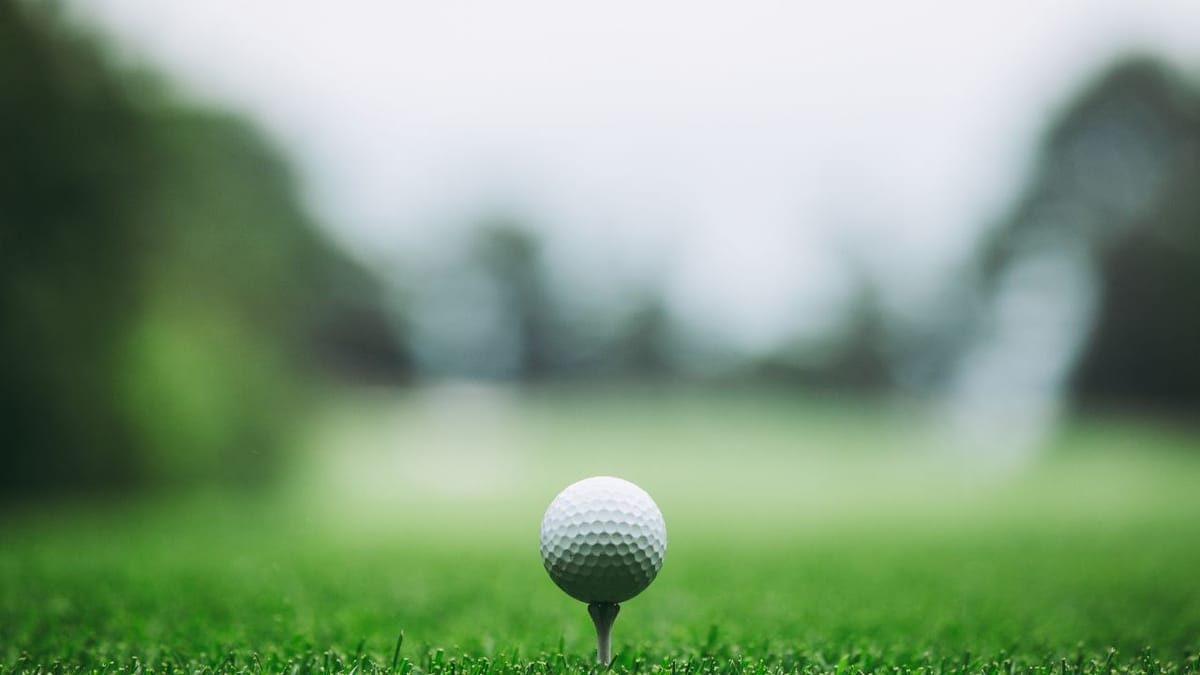
The Benefits of Three-Piece Golf Balls for Average Golfers
When discussing the best golf balls for average golfers, the construction of the ball is paramount. Three-piece golf balls are particularly beneficial for those with a mid handicap. The design typically consists of a solid rubber core, a mantle layer, and a soft urethane or Surlyn cover. This construction allows for a balance of distance, feel, and control. Golfers with a slower swing speed will appreciate the energy transfer from the soft core, which can help maximize distance without sacrificing accuracy.
Moreover, the three-piece golf ball is engineered to provide a moderate level of spin. This is ideal for average golfers who seek to improve their game without the overwhelming spin that can come from more advanced, multi-layer balls. The controlled spin contributes to better performance on the green, allowing for more precise approach shots. Golfers looking to refine their short game will find that the three-piece ball offers a blend of responsiveness and forgiveness that can lead to lower scores and more enjoyable rounds.
The Evolution of Golf Ball Technology
The quest for the best golf balls for average golfer has been significantly influenced by the evolution of golf ball technology. In the early days of golf, players used wooden balls, which were later replaced by leather balls stuffed with feathers. The modern era has seen a dramatic transformation, with the introduction of rubber cores and advanced materials. This technological progression has allowed manufacturers to tailor golf balls to specific playing styles and abilities, including those of the average golfer. The development of the three-piece golf ball is a prime example, offering a balance of distance, feel, and control that can benefit a wide range of players.
Advancements in material science have also played a pivotal role in golf ball design. Urethane covers, for instance, have become a staple in the construction of high-performance golf balls due to their soft feel and superior spin control. These innovations have made it possible for average golfers to experience tour-level performance without the need for professional swing speeds. As technology continues to advance, the potential for even more specialized golf balls is on the horizon, promising to further enhance the game for players at all levels.
Golf Ball Selection Strategy for Improvement
Choosing the right golf ball can be a strategic decision for players looking to improve their game. For the high handicap golfer, selecting a ball that compensates for common shortcomings can lead to more enjoyable and successful rounds. Golf balls designed to reduce spin can help mitigate the effects of hooks and slices, while those with a lower compression rating may offer better distance for players with slower swing speeds. The three-piece golf ball is often recommended for its versatility, providing a good mix of distance, spin, and feel that can cater to a variety of shots.
For the average golfer aiming to lower their handicap, it's important to consider how a golf ball performs in different aspects of the game. A ball that offers extra distance off the tee might be appealing, but it's also crucial to examine how the ball behaves on the green. A softer cover, for instance, can improve the feel and control during putting and short game shots. By carefully selecting a golf ball that aligns with their specific needs and playing style, golfers can set themselves up for continuous improvement and a more rewarding experience on the course.
Customizing Ball Choice for Swing Speed
Selecting the best golf balls for average golfers often involves considering one's swing speed. Golfers with a slower swing speed, which is common among high handicap golfers, should look for balls designed to optimize performance at lower swing velocities. These balls are typically constructed with lower compression cores, which can help to achieve greater distance by maximizing energy transfer upon impact, even at slower speeds. This can be a game-changer for those looking to add extra yards to their drives without having to overhaul their swing mechanics.
Conversely, mid handicap golfers with a moderately faster swing speed might benefit from a slightly higher compression ball that can offer more control and a firmer feel. While these golfers still require a ball that provides forgiveness, they can handle a ball that responds more to their increased swing speed. By matching the ball to their specific swing characteristics, average golfers can ensure they are playing with equipment that complements their game, leading to more consistent and satisfying play on the course.
Maximizing Performance with Ball Fitting
Ball fitting is an often overlooked aspect of golf that can dramatically affect a player's game. For the average golfer, finding the right golf ball is about more than just picking the most popular balls off the shelf; it's about matching the ball's characteristics to their unique playing style. Golfers with slower swing speeds may benefit from balls designed to maximize energy transfer for long distance, while those looking for more control might opt for balls that offer extra spin.
The process of ball fitting can involve trial and error, but it's a worthwhile investment. By testing different balls under varying conditions, golfers can identify which models provide the best performance for their swing. Whether it's achieving better balls for short game precision or great balls that add yards off the tee, personalized ball fitting helps golfers make more informed decisions. As a result, they can stock their bags with more balls that complement their game, leading to a more enjoyable and successful golfing experience.
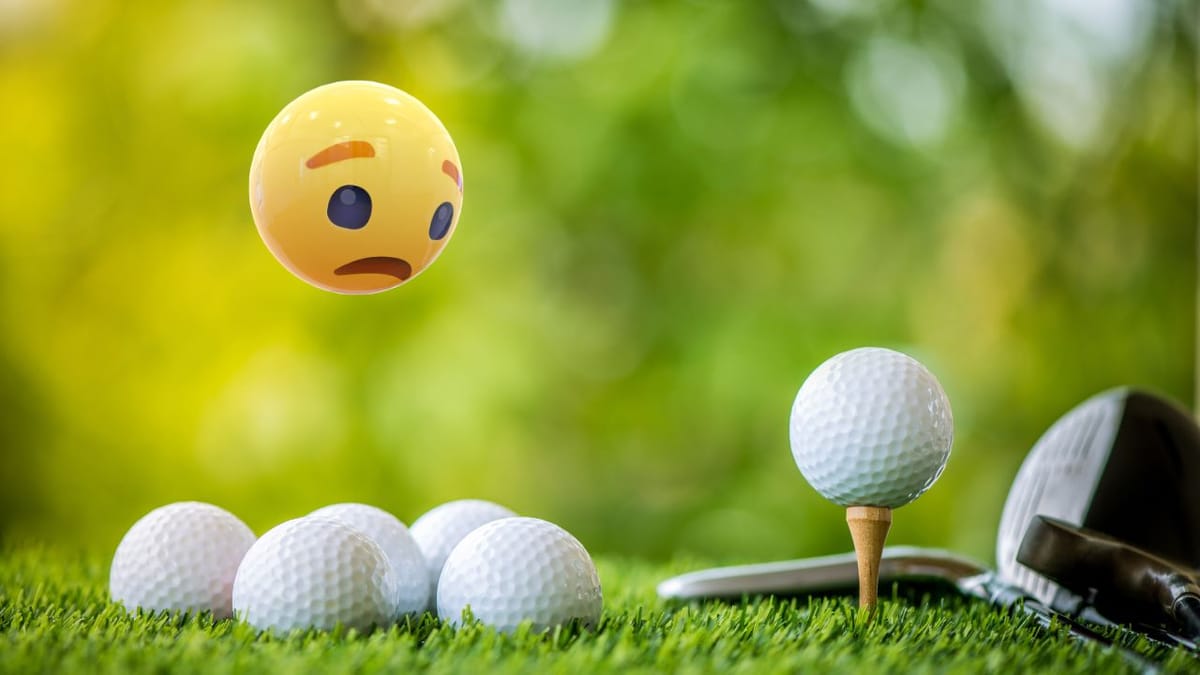
Finding the Right Ball for Your Swing Speed
Swing speed is a crucial factor when selecting the right golf ball. For those with slower swing speeds, a low compression ball like the Callaway Supersoft can provide more distance. Golfers with faster swing speeds might benefit from a firmer ball that offers less spin off the tee but better spin control around the greens.
Golf Balls for Better Distance
Many golfers are on the quest for more distance. Balls like the Taylormade Noodle and the Titleist TruFeel are engineered to provide extra yards off the tee. These balls are designed to reduce drag and optimize flight paths for maximum carry and roll.
Spin Control for Approach Shots
Approach shots require precision and control. Balls with a urethane cover, such as the Q Star Tour, can offer better spin control, allowing for more aggressive shots into the green. This can lead to closer birdie opportunities and the potential for lower scores.
The Feel Factor
The feel of a golf ball is subjective, but it's an important aspect for many golfers. A soft feeling ball like the Srixon Soft Feel can provide a pleasant sensation on impact and give feedback that helps in judging distance and control.
Durability and Value
For the average golfer, finding a ball that is both durable and offers good value is essential. The Callaway Supersoft and the Taylormade Noodle are both known for their durability, ensuring that golfers can enjoy multiple rounds without the ball losing its performance characteristics.
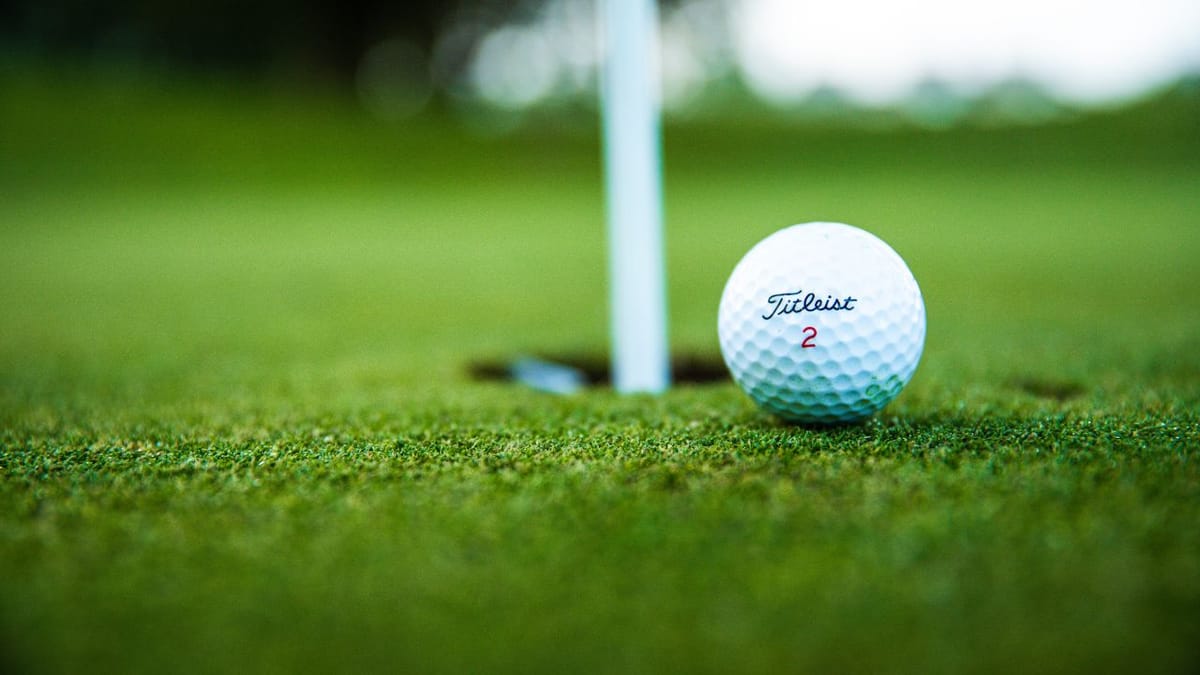
Wet Conditions and Ball Performance
Playing in wet conditions can be challenging, but choosing the right ball can help. Balls with a softer cover, like the Callaway Supersoft, tend to perform better in the rain, providing more grip on the clubface for better control.
The Importance of Alignment Aids
Alignment aids on golf balls can be a game-changer for putting. The Titleist TruFeel, with its distinct alignment markings, can help golfers line up their putts more accurately, leading to more holed putts and improved confidence on the greens.
Golf Balls for Mid Handicappers
Mid handicappers require a ball that offers a balance between distance and control. The Q Star Tour and the Taylormade Project (a) are excellent choices that can help mid handicappers achieve better performance without compromising on feel or control.
High Handicap Golfers and Ball Choice
High handicap golfers often benefit from a ball that offers forgiveness and helps with alignment. The Titleist TruFeel and the Callaway Supersoft are designed to assist high handicappers in achieving more consistent shots and improving their overall performance.
Skill Level and Ball Selection
Your skill level should always be considered when selecting a golf ball. While premium golf balls offer impressive performance, they may not be the best choice for an average golfer. Balls designed for average players can provide the necessary features to match their skill level and help them improve.
Summary
Choosing the best golf balls for average golfers involves considering factors such as construction, compression, spin, and personal preferences in feel and performance. The Srixon Soft Feel, Callaway Supersoft, and Titleist TruFeel are among the top choices for average players, offering a blend of distance, control, and value. By selecting the right ball, average golfers can enjoy more consistent play and potentially lower their scores.
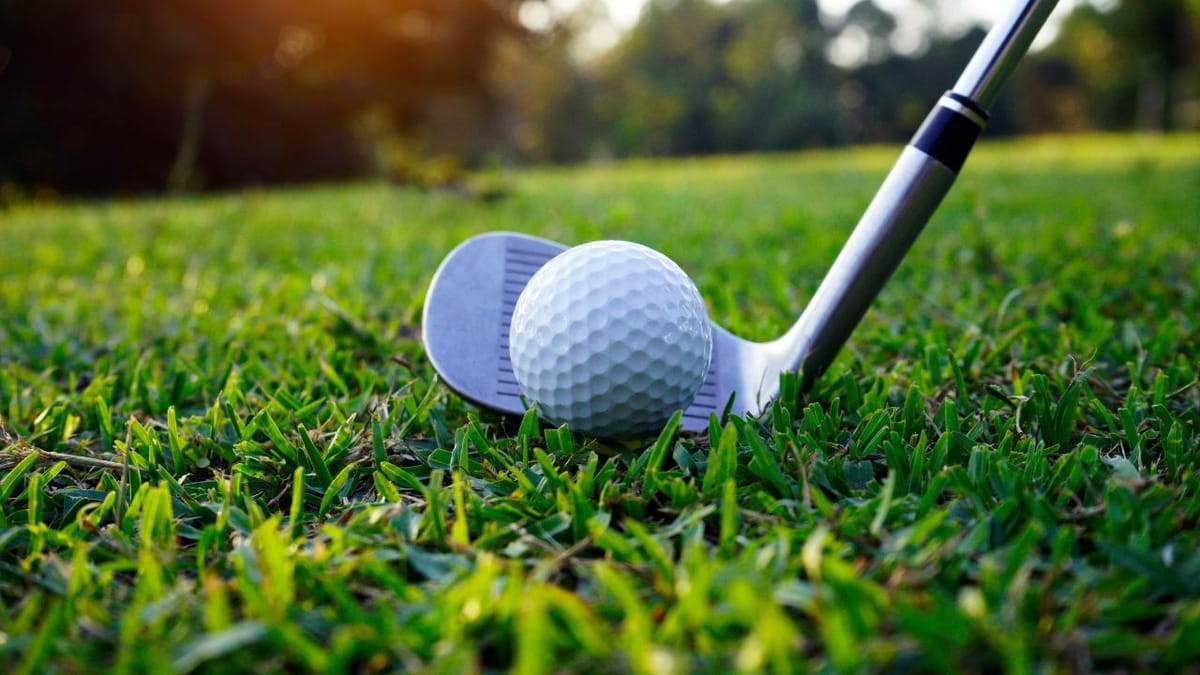
FAQ Section
What is the best golf ball for an average golfer with a slow swing speed?
For golfers with slower swing speeds, a low compression ball like the Callaway Supersoft or the Srixon Soft Feel is ideal as it can help maximize distance and provide a soft feel.
How does spin affect the performance of a golf ball for an average golfer?
Spin can influence the trajectory and control of a golf ball. Average golfers might prefer a low spin golf ball for straighter shots off the tee, while a ball with more spin can offer better control and stopping power on approach shots.
Is it worth it for an average golfer to invest in premium golf balls?
While premium golf balls offer high performance, they may not be necessary for average golfers. It's important to choose a ball that matches your skill level and swing characteristics to ensure you get the most benefit from your equipment.
Other Related Articles
